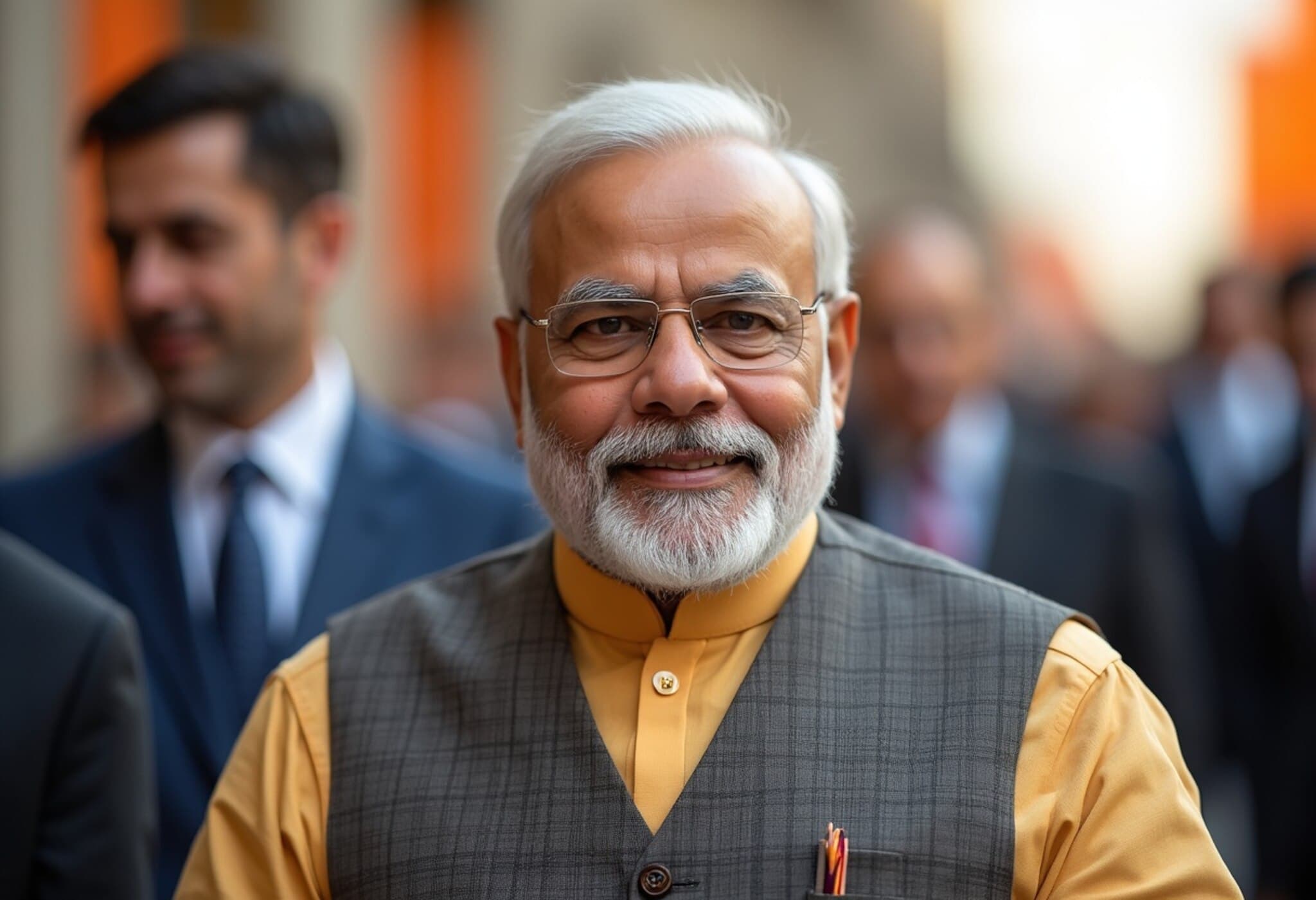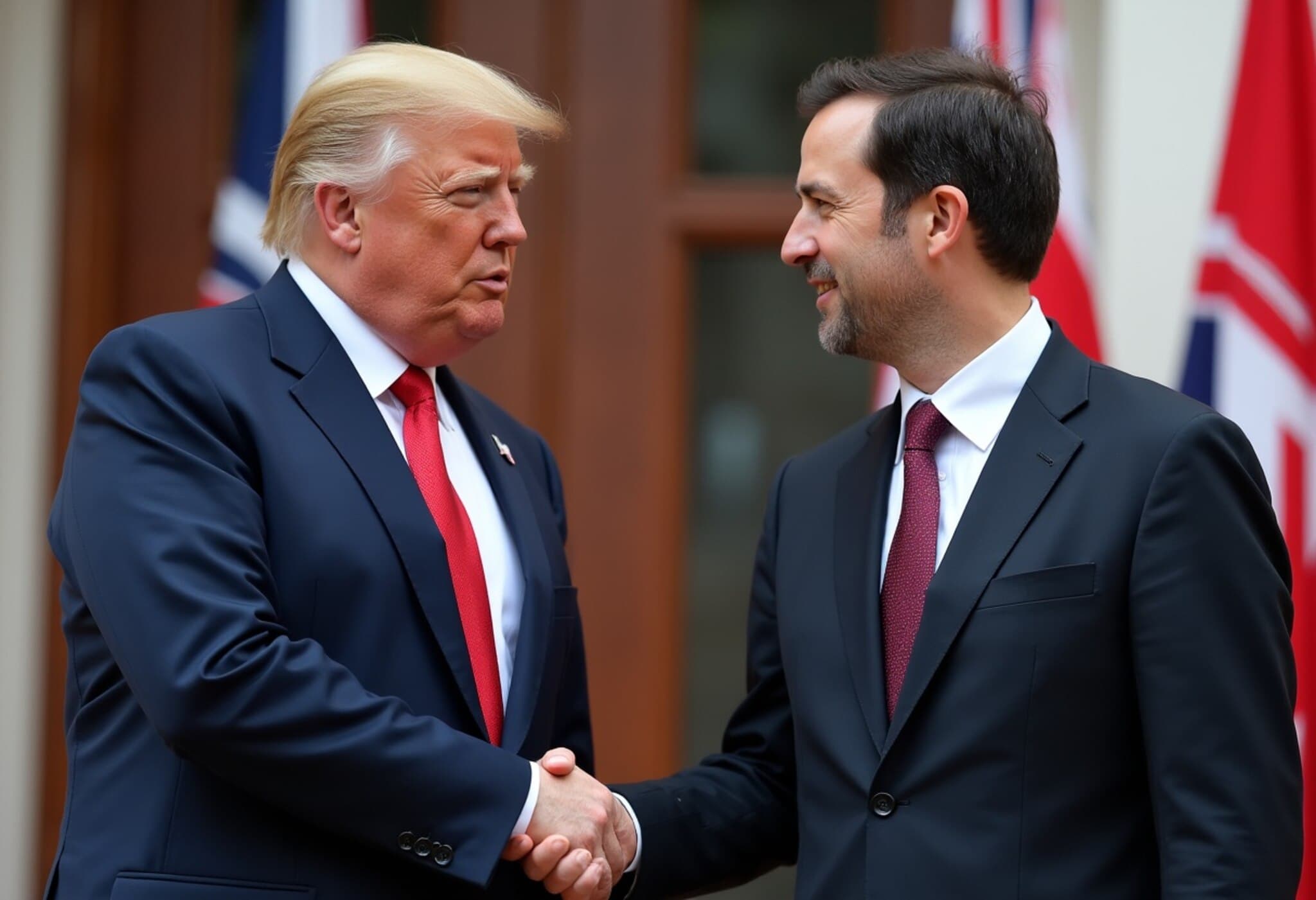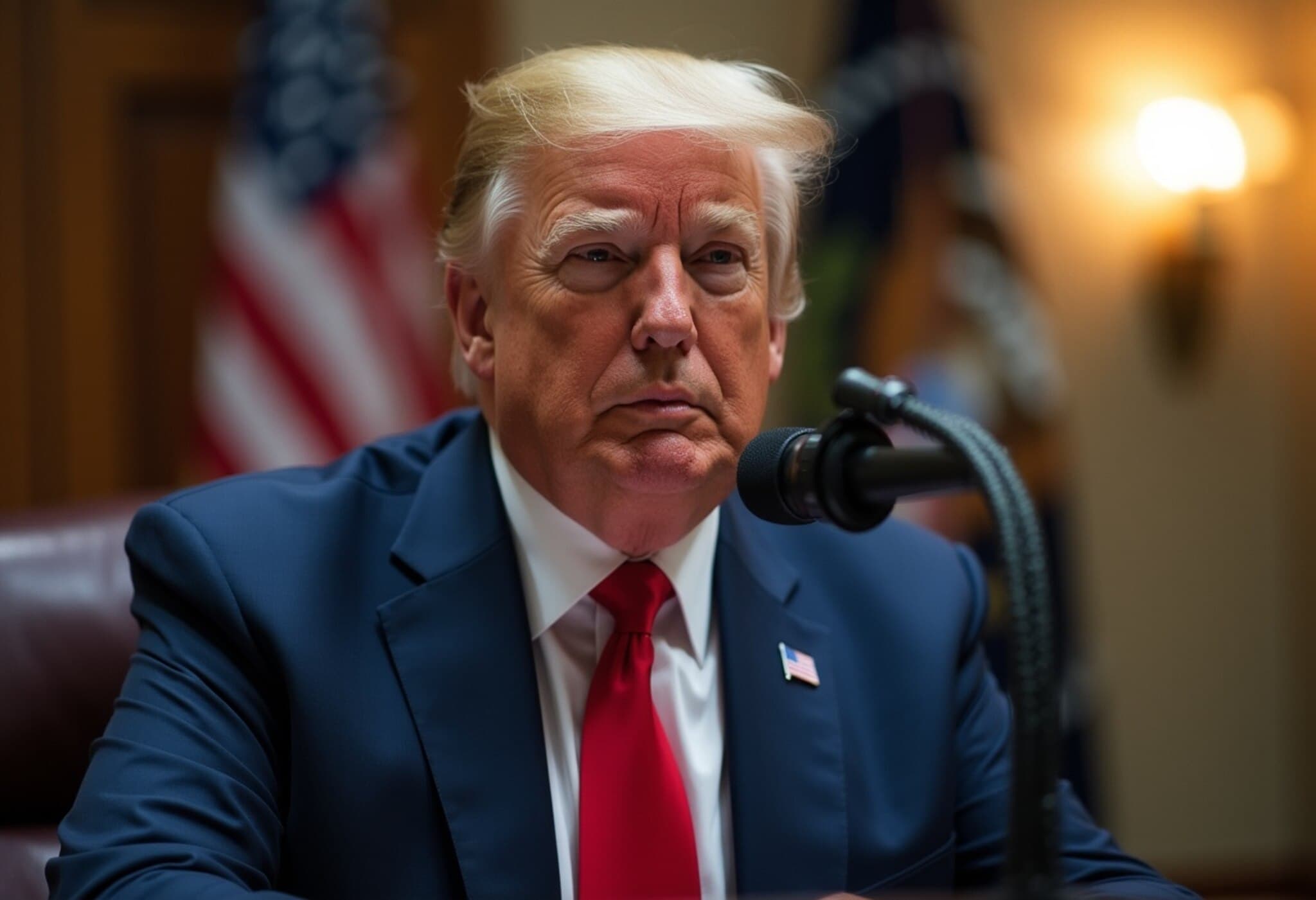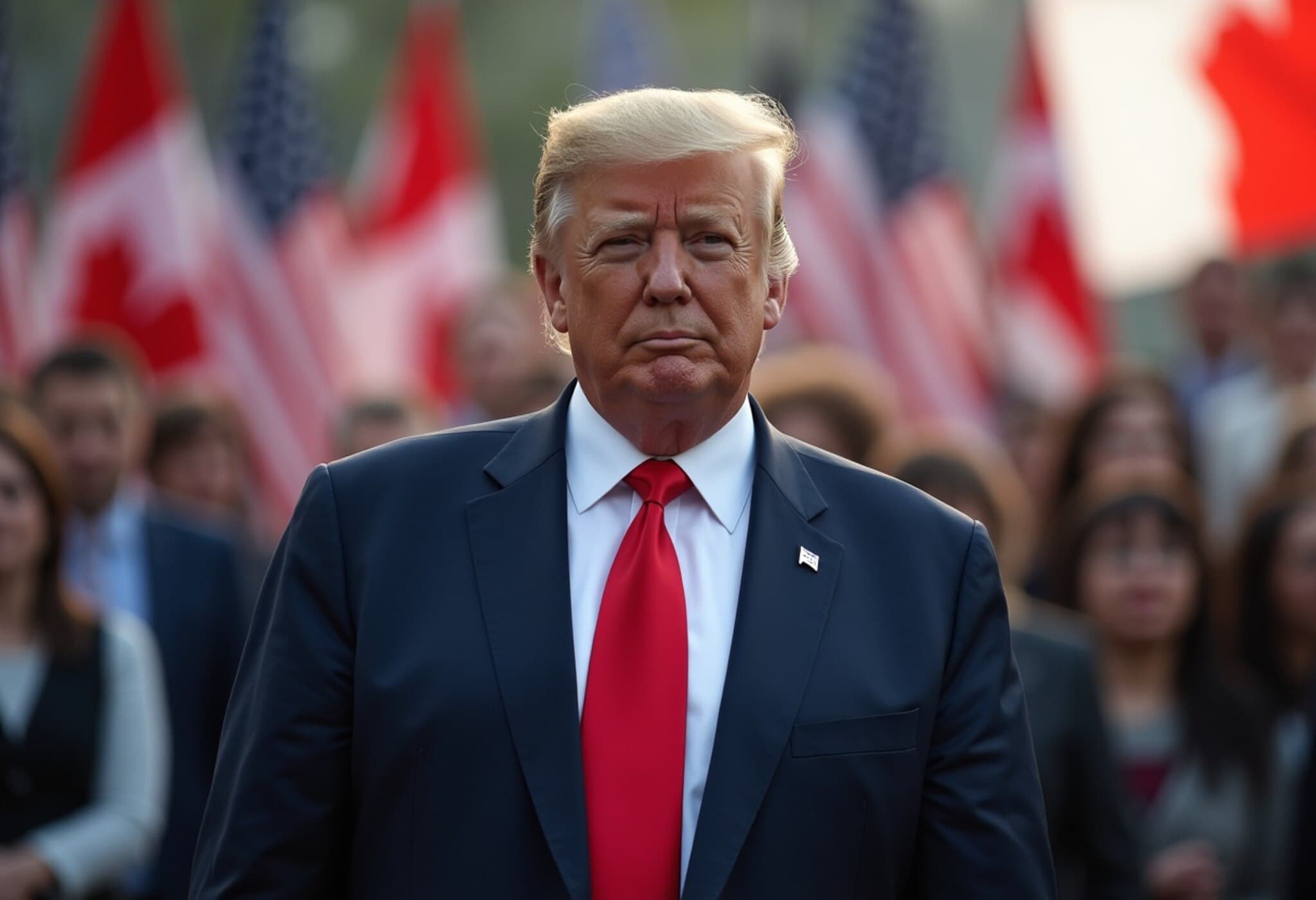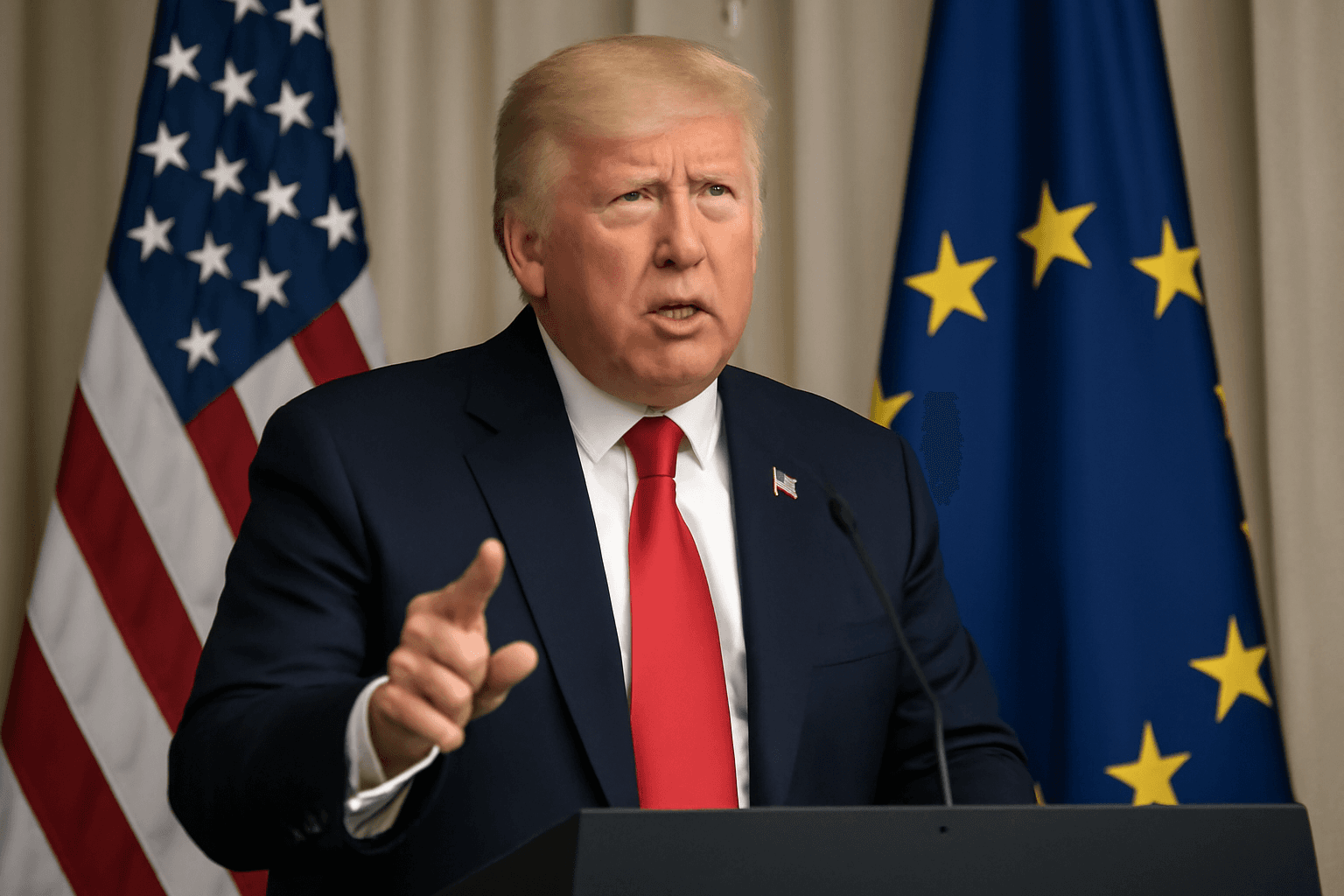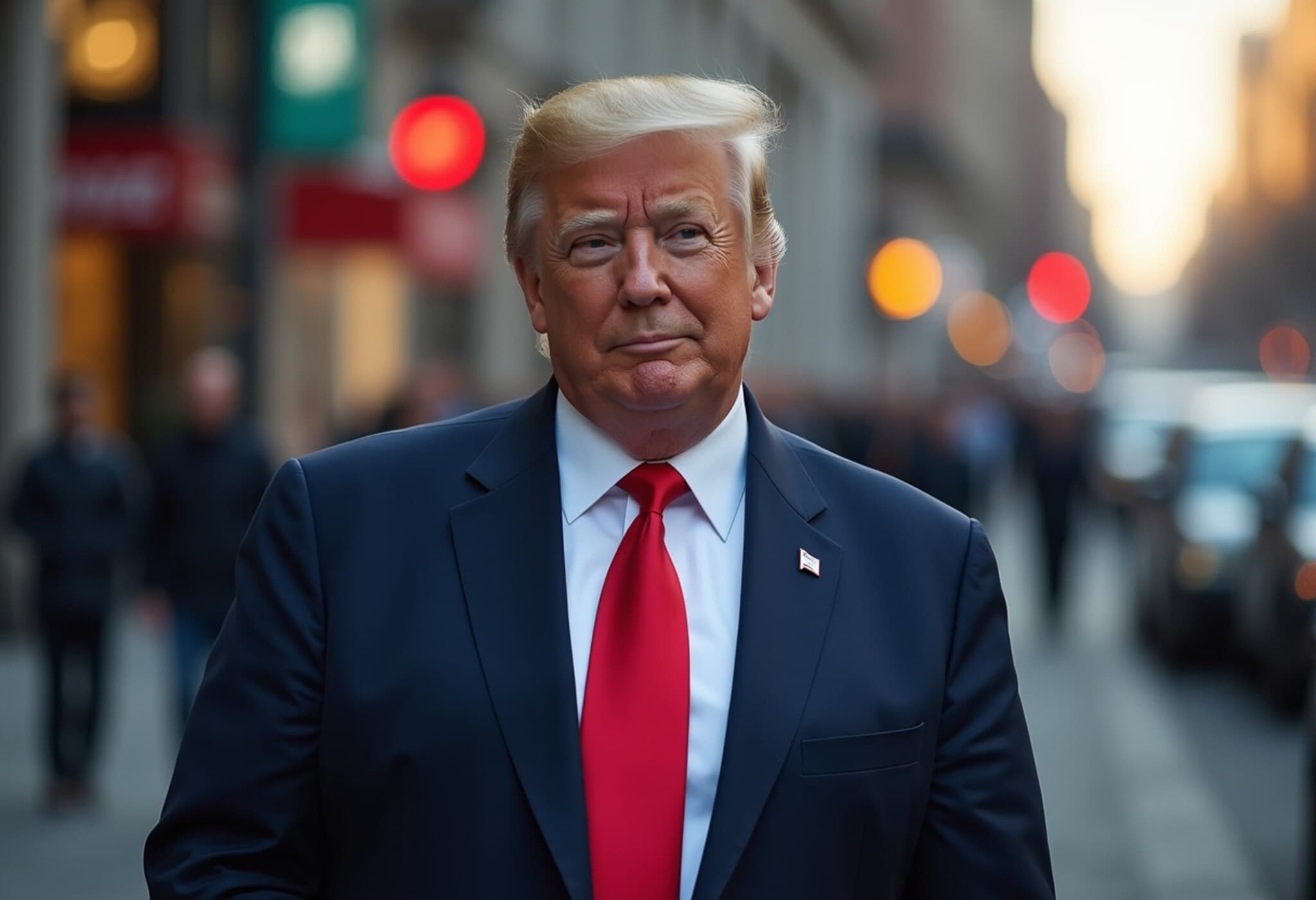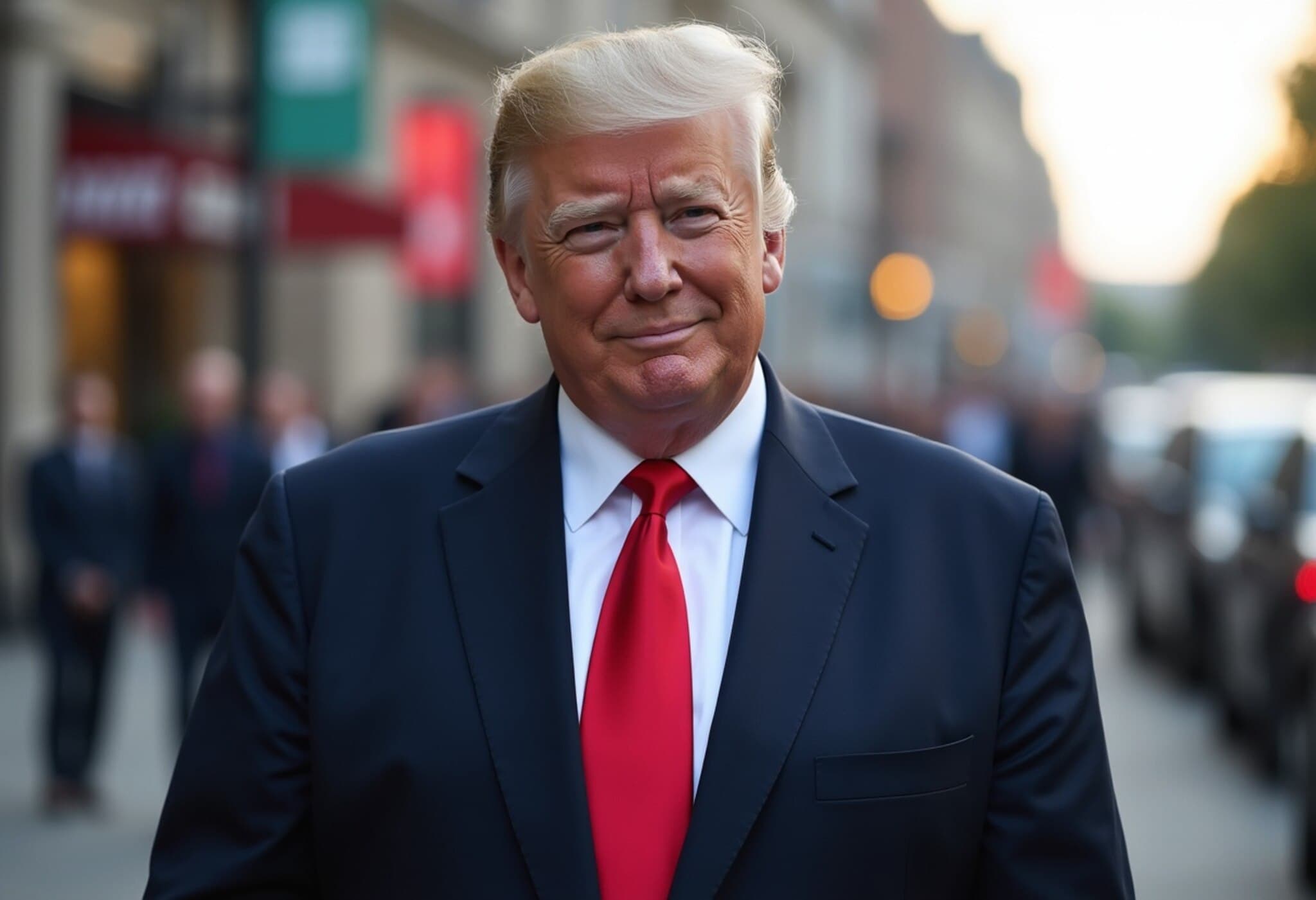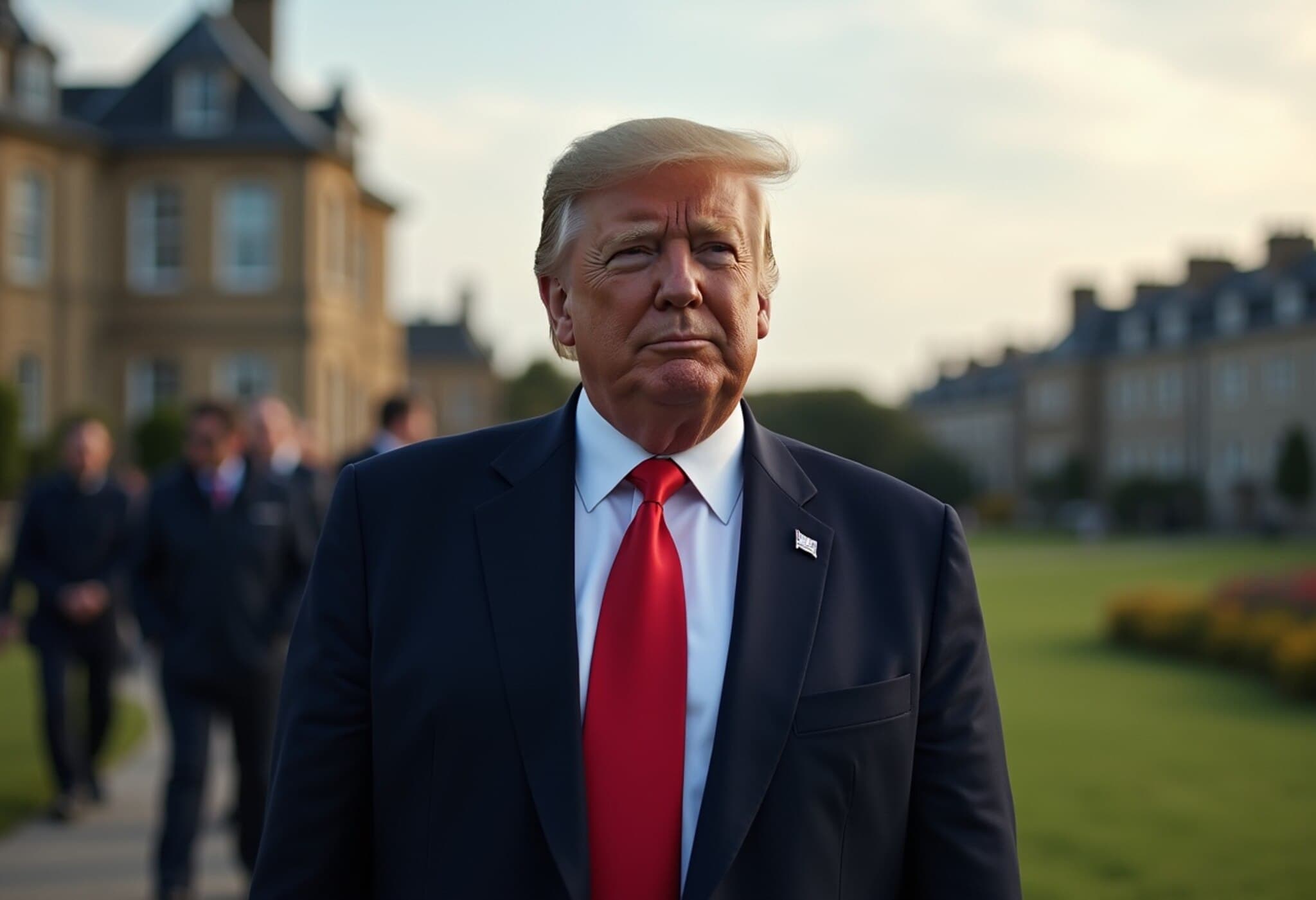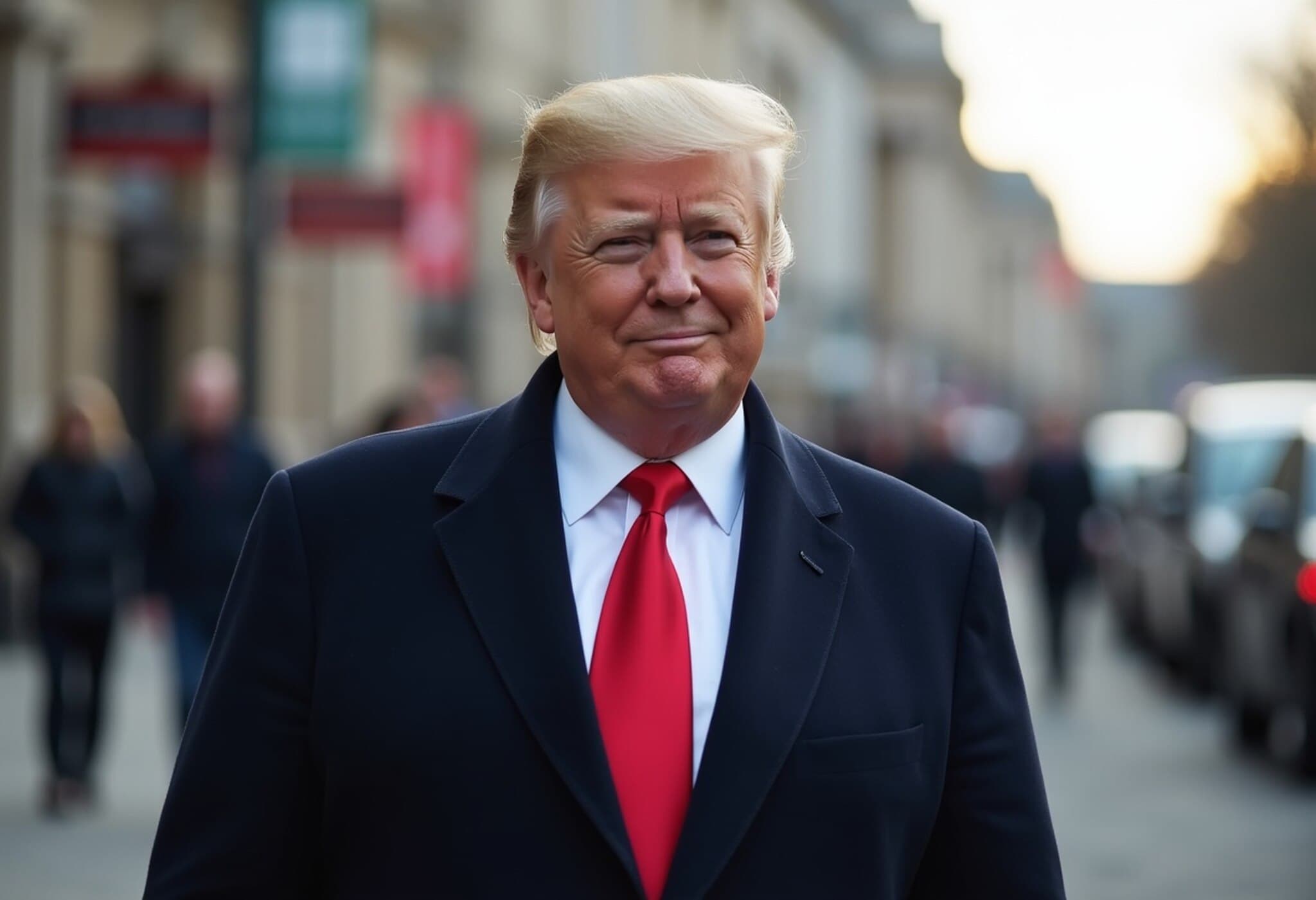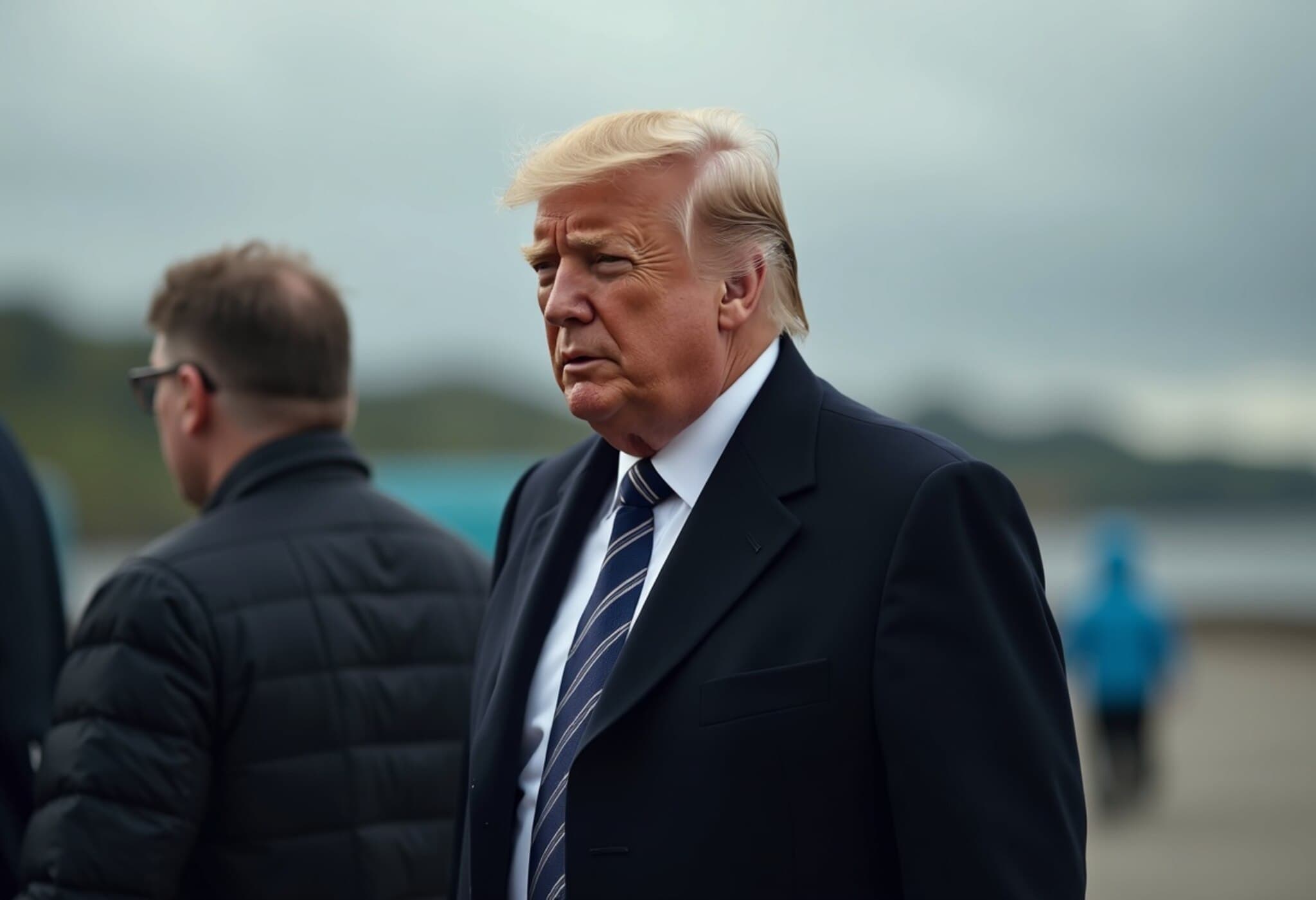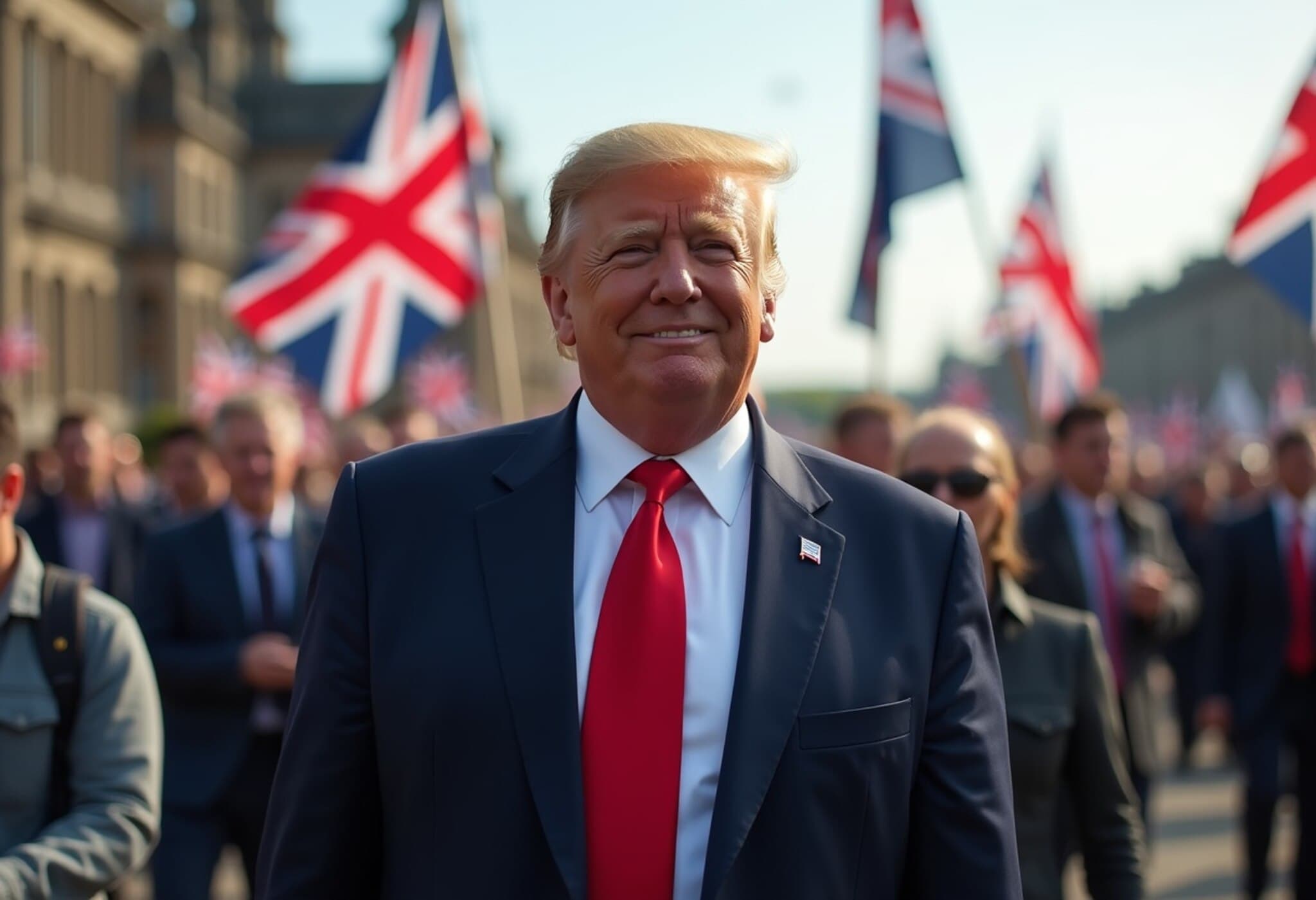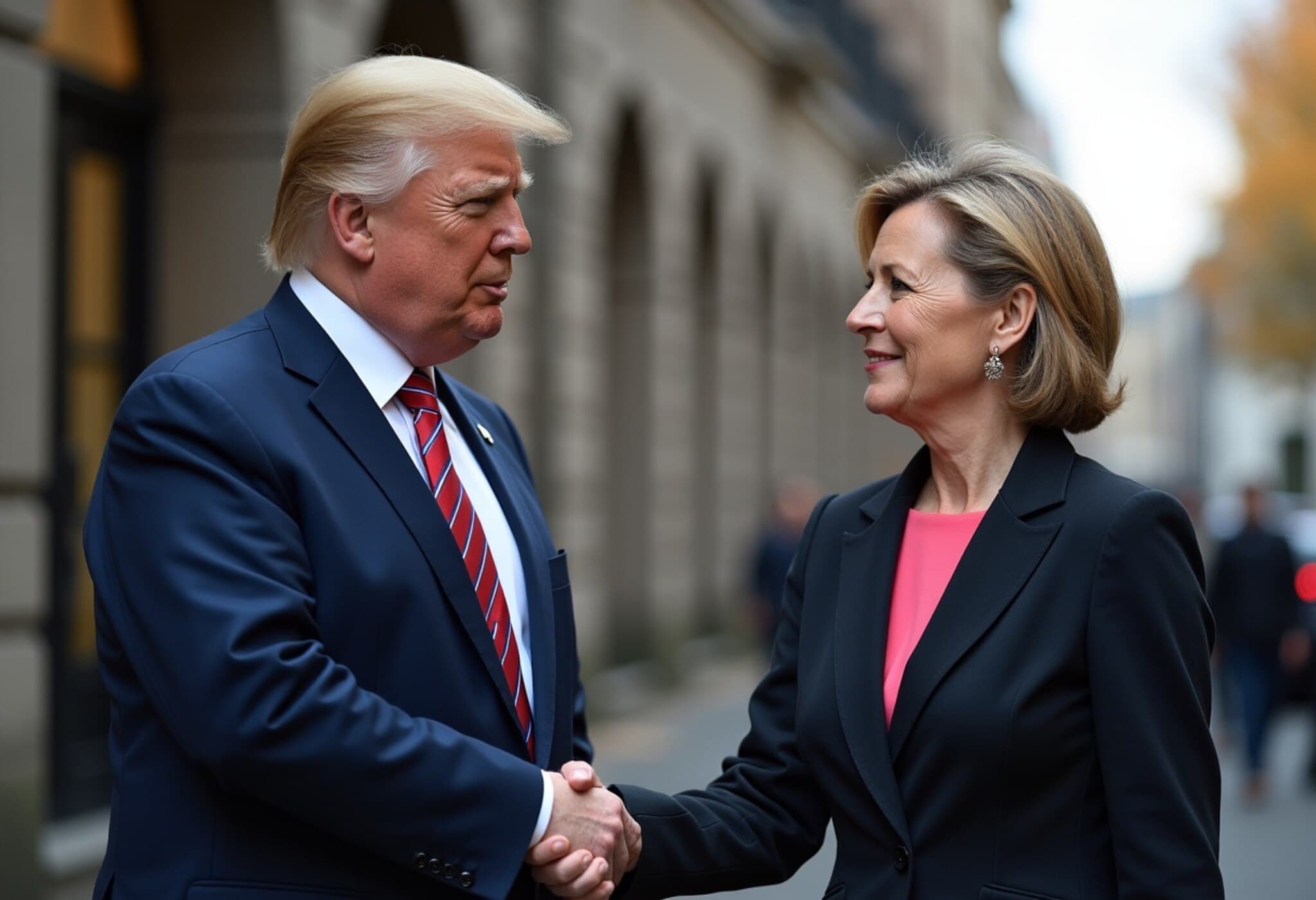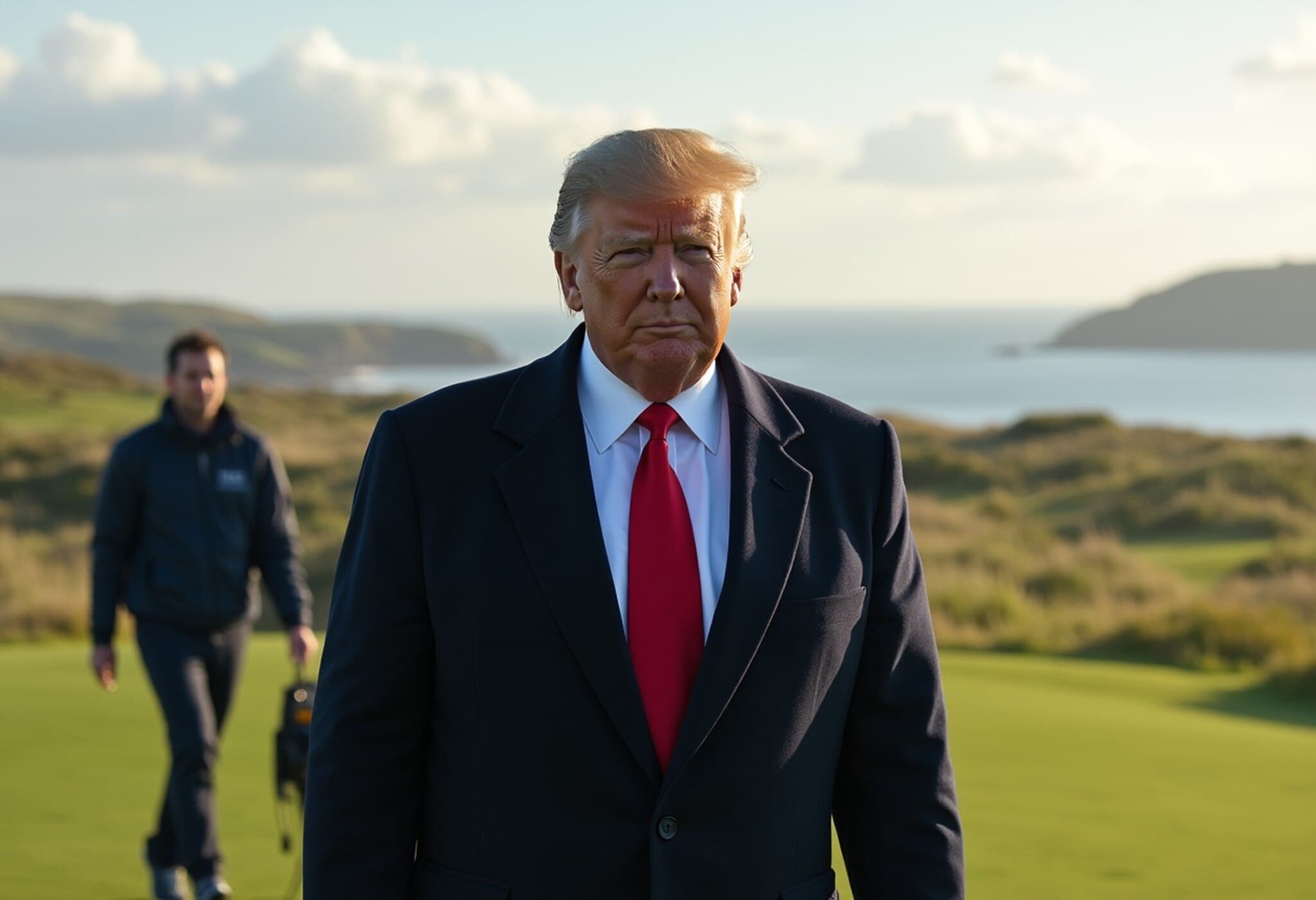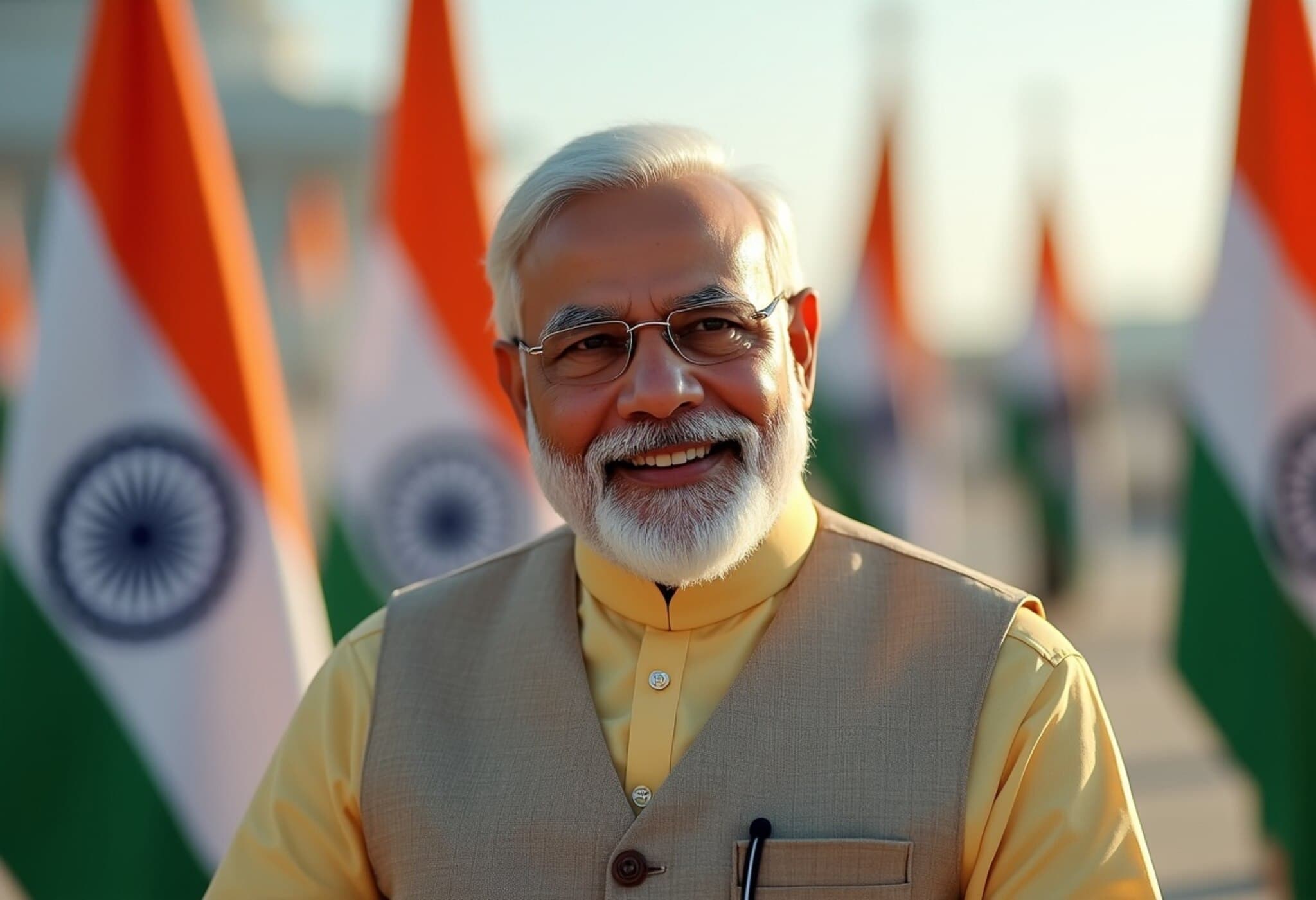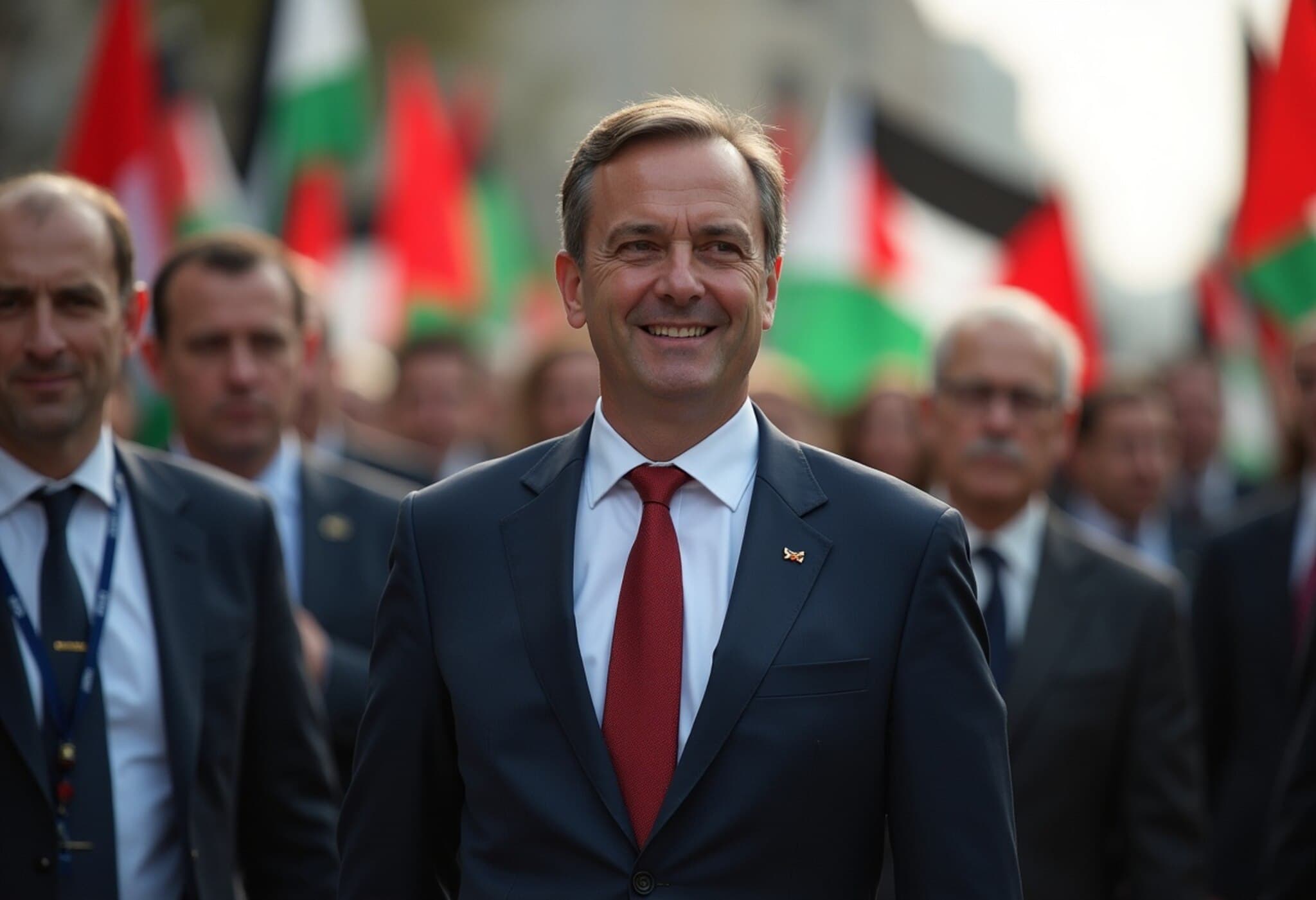President Trump Visits Scotland Amid Crucial U.S.-U.K. Trade Talks
As President Donald Trump embarks on a visit to Scotland from July 25 to 29, significant attention is being paid not just to his familiar golf courses but also to the broader diplomatic and economic agenda between the United States and the United Kingdom. This trip offers an opportunity to address lingering issues in the recently initiated U.S.-U.K. trade framework, while reinforcing the historic ties between the two nations.
Golf Courses and Diplomacy: A Unique Workplace Setting
During his stay, President Trump will tour two of his well-known golf properties—the iconic Trump Turnberry in Ayr and his Aberdeen course. He is also expected to visit a new golf course due to open in August, symbolizing his continued investment in Scotland’s luxury leisure industry. Yet beyond recreation, these venues may double as informal backdrops for strategic discussions, notably an anticipated meeting with U.K. Prime Minister Keir Starmer.
Key Issues in the U.S.-U.K. Trade Deal
Following the trade agreement that came into partial effect on June 30, both parties remain engaged in delicate negotiations to resolve outstanding points. The deal broadly established a 10% tariff floor on British goods entering the U.S., with specific allowances for automotive and aerospace sectors. However, certain commitments, such as lifting the 25% tariffs on U.K. steel and aluminum, are still pending.
This tariff relief hinges on ensuring British steel imports are genuinely processed domestically—"melted and poured" in the U.K.—and do not originate from China, a condition reflecting broader global supply chain concerns and national security considerations.
The Digital Services Tax Standoff
Another sticking point is the U.K.’s digital services tax, which Washington argues unfairly affects American tech giants, even those without a formal U.K. headquarters. This form of taxation is contentious not only between the U.S. and U.K. but also fits into a larger international debate on how to tax multinational technology companies in the digital age.
Political Dynamics: Unlikely Allies
Despite their divergent political philosophies—Trump representing the Republican right and Starmer leading a center-left Labour Party—the two leaders have demonstrated a surprisingly congenial working relationship. Their amicable exchanges at the recent G7 summit in Canada suggest a pragmatic approach to resolving trade issues, transcending partisan politics.
In a recent statement, Trump emphasized that the U.K. "is very well protected" in the context of ongoing tariff discussions, underscoring an intent to ensure the trade relationship remains favorable.
Economic Perspectives: What’s at Stake?
Kallum Pickering, Chief Economist at Peel Hunt, told CNBC that while neither side may regard the trade deal as exceptional, "anything that puts a positive spin on U.K.-U.S. relations around the August 1 deadline is actually beneficial for the U.K., even if the deal itself is not a brilliant one."
Pickering highlighted the probable mutual concessions: a potential easing of steel and aluminum tariffs by the U.S. and a revisiting of the digital services tax by the U.K.
Looking Ahead: Diplomatic Engagements and Symbolism
Ahead of an official state visit planned for mid-September, where President Trump and First Lady Melania are set to meet King Charles III and Queen Camilla at Windsor Castle, the current Scotland trip reflects a strategic layering of diplomacy and symbolism. These visits reinforce longstanding U.S.-U.K. bonds amid shifting global economic landscapes and geopolitical challenges.
Unfinished Business and Broader Context
The U.S.-U.K. trade deal emerges against a backdrop of global economic realignments, with post-Brexit Britain striving to assert its trade independence and the U.S. recalibrating its commercial stances under evolving geopolitical pressures. The ongoing deliberations over tariffs and digital taxation raise broader questions about balancing national interests with cooperative globalization.
- Steel and Aluminum Tariffs: Removal contingent on proof of domestic processing.
- Digital Services Tax: U.S. pressure to eliminate taxes impacting American tech firms.
- Trade Tariffs: Agreement on 10% baseline tariff with quotas and exemptions.
Editor’s Note
President Trump’s Scotland visit highlights the complex intersection of personal business interests and global diplomacy, particularly in the context of the nuanced U.S.-U.K. trade relationship. As both nations strive to navigate trade tariffs and digital taxation, the outcomes of their negotiations may serve as a bellwether for future bilateral agreements in an era of economic nationalism and technological disruption. Observers should watch closely how these dialogues shape the transatlantic partnership and whether pragmatic solutions will prevail over political symbolism.



